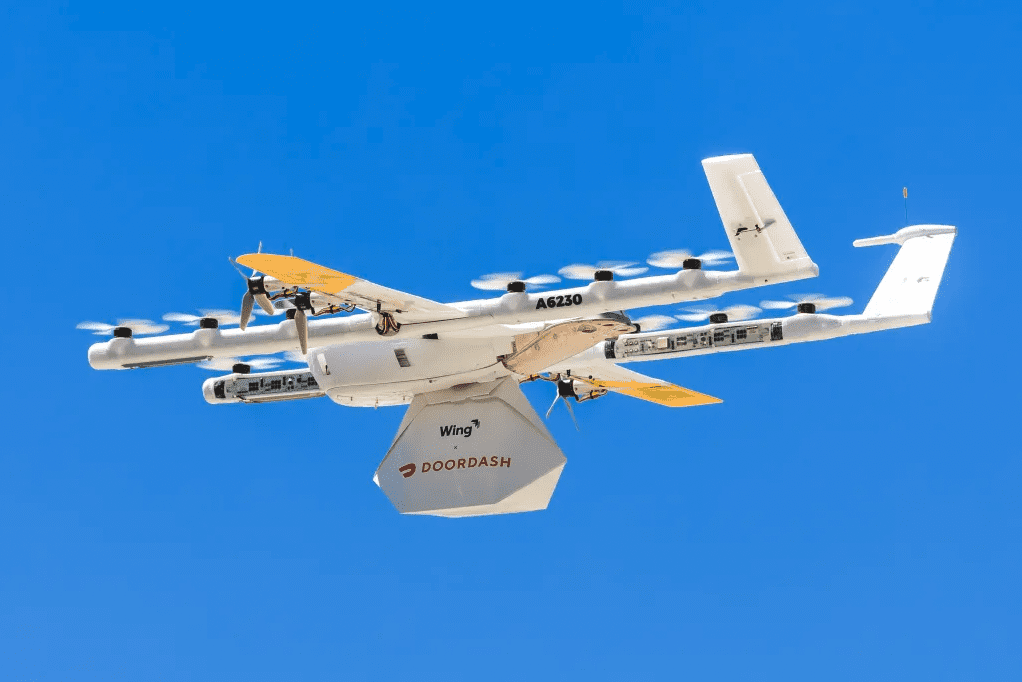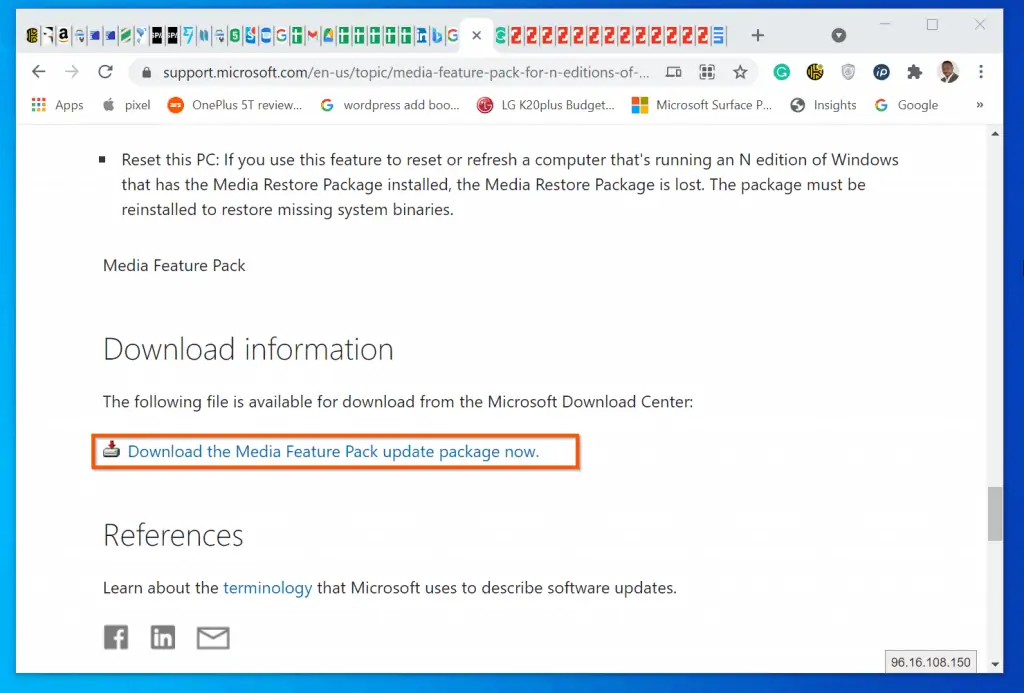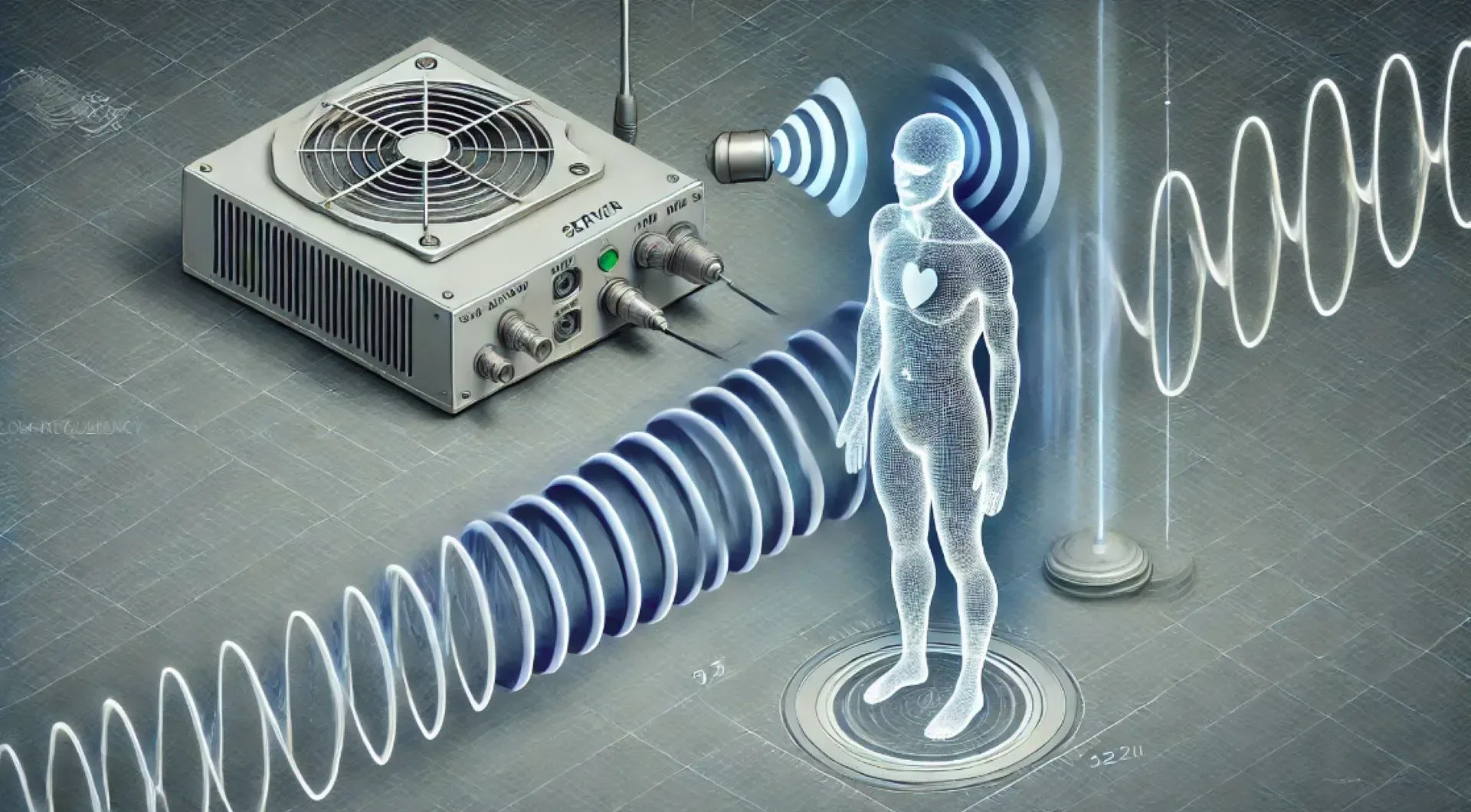Drone Food Delivery Takes Flight in Australia - Convenience vs. Concerns

The skies above Australia are buzzing with a new kind of delivery service – drone food delivery. As companies like Wing (owned by Google's parent company Alphabet) and Swoop Aero expand their operations, Australians are getting a taste of the future, with takeaway, groceries, and even medical supplies arriving at their doorsteps via unmanned aerial vehicles.
A New Era of Convenience
The allure of drone delivery is undeniable. Imagine bypassing traffic and crowds, having a piping hot pizza delivered to your backyard in minutes. Wing, which launched its first commercial service in Canberra in 2019, boasts delivery times of under 10 minutes. Similarly, DoorDash's partnership with Wing in Queensland promises deliveries in 15 minutes or less.
This speed and efficiency are particularly beneficial in sprawling urban areas and geographically challenging regions. Drone deliveries can provide faster access to essential goods in remote communities and during emergencies. Swoop Aero, for example, specializes in delivering medical supplies, demonstrating the life-saving potential of this technology.
The Regulatory Landscape: Ensuring Safety and Security
The rapid rise of drone delivery has necessitated a careful regulatory approach. The Civil Aviation Safety Authority (CASA) in Australia has been instrumental in establishing safety guidelines and granting approvals for drone operations. Both Wing and Swoop Aero operate under strict regulations, ensuring the safety of people and property on the ground.
CASA outlines specific requirements for drone operators, including licensing, aircraft maintenance, operational limitations (such as maximum altitude and distance), and risk assessments. These regulations are crucial for mitigating potential hazards like collisions and ensuring the responsible use of airspace.
Addressing Public Concerns: Noise, Privacy, and Job Security
Despite the convenience, drone delivery has sparked debates about potential downsides. Noise pollution is a common concern, as the buzzing of drones can be disruptive, especially in residential areas. Companies are actively working on developing quieter drone models to address this issue.
Privacy is another concern, as drones equipped with cameras could potentially collect data on individuals and properties. Regulators and companies are working to establish clear guidelines on data collection and storage to safeguard privacy rights.
The potential impact on employment is also a consideration. While drone delivery could create new jobs in areas like drone operation and maintenance, there are concerns about the displacement of traditional delivery drivers. However, it's important to note that drone delivery is still in its nascent stage and is likely to complement, rather than completely replace, existing delivery infrastructure.
The Future of Food Delivery: A Balancing Act
Drone food delivery is undoubtedly transforming the way we access goods and services. As the technology advances and regulations evolve, it's crucial to find a balance between embracing the convenience and addressing the valid concerns of the public. Open dialogue, collaboration between stakeholders, and ongoing research are essential for shaping the future of this disruptive technology in a way that benefits all Australians.


















Comments ()